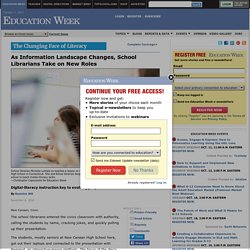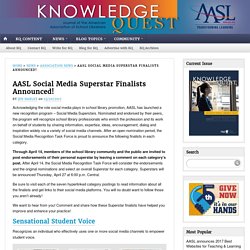

How millions of kids are being shaped by know-it-all voice assistants. Kids adore their new robot siblings.

As millions of American families buy robotic voice assistants to turn off lights, order pizzas and fetch movie times, children are eagerly co-opting the gadgets to settle dinner table disputes, answer homework questions and entertain friends at sleepover parties. Many parents have been startled and intrigued by the way these disembodied, know-it-all voices — Amazon’s Alexa, Google Home, Microsoft’s Cortana — are impacting their kids’ behavior, making them more curious but also, at times, far less polite.
In just two years, the promise of the technology has already exceeded the marketing come-ons. The disabled are using voice assistants to control their homes, order groceries and listen to books. Caregivers to the elderly say the devices help with dementia, reminding users what day it is or when to take medicine. For children, the potential for transformative interactions are just as dramatic — at home and in classrooms. Naomi S. Local post_newsletter353. Bibliotech.me. As Information Landscape Changes, School Librarians Take on New Roles. School librarian Michelle Luhtala co-teaches a lesson on news analysis to 11th and 12th grade students at New Canaan High School in Connecticut.

She and fellow librarian Jacqueline Whiting frequently partner with classroom teachers at the school to teach media-literacy skills. —Christopher Capozziello for Education Week Digital-literacy instruction key to evolving job portfolio New Canaan, Conn. The school librarians entered the civics classroom with authority, calling the students by name, cracking jokes, and quickly pulling up their presentation. The students, mostly seniors at New Canaan High School here, got out their laptops and connected to the presentation with Nearpod, an interactive-lesson platform. It used to be easy: Newspapers clearly marked pages as "opinion" or "news. " That was the point of the day's lesson, led by New Canaan High librarians Michelle Luhtala and Jacquelyn Whiting and civics teacher Kristine Goldhawk. After class, Whiting smiled, reflecting on the lesson. If you liked the presentation(s), please post a testimonial on my nomination. Acknowledging the role social media plays in school library promotion, AASL has launched a new recognition program – Social Media Superstars.

Nominated and endorsed by their peers, the program will recognize school library professionals who enrich the profession and its work on behalf of students by sharing information, expertise, ideas, encouragement, dialog and inspiration widely via a variety of social media channels. After an open nomination period, the Social Media Recognition Task Force is proud to announce the following finalists in each category. Through April 14, members of the school library community and the public are invited to post endorsements of their personal superstar by leaving a comment on each category’s post. After April 14, the Social Media Recognition Task Force will consider the endorsements and the original nominations and select an overall Superstar for each category. Superstars will be announced Thursday, April 27 at 6:00 p.m. We want to hear from you!
MASL 2017 Transforming Libraries in Transitional Times - Google Slides.
Personalize Learning Through the Library. Digital, Media, and News Literacy (Part II)